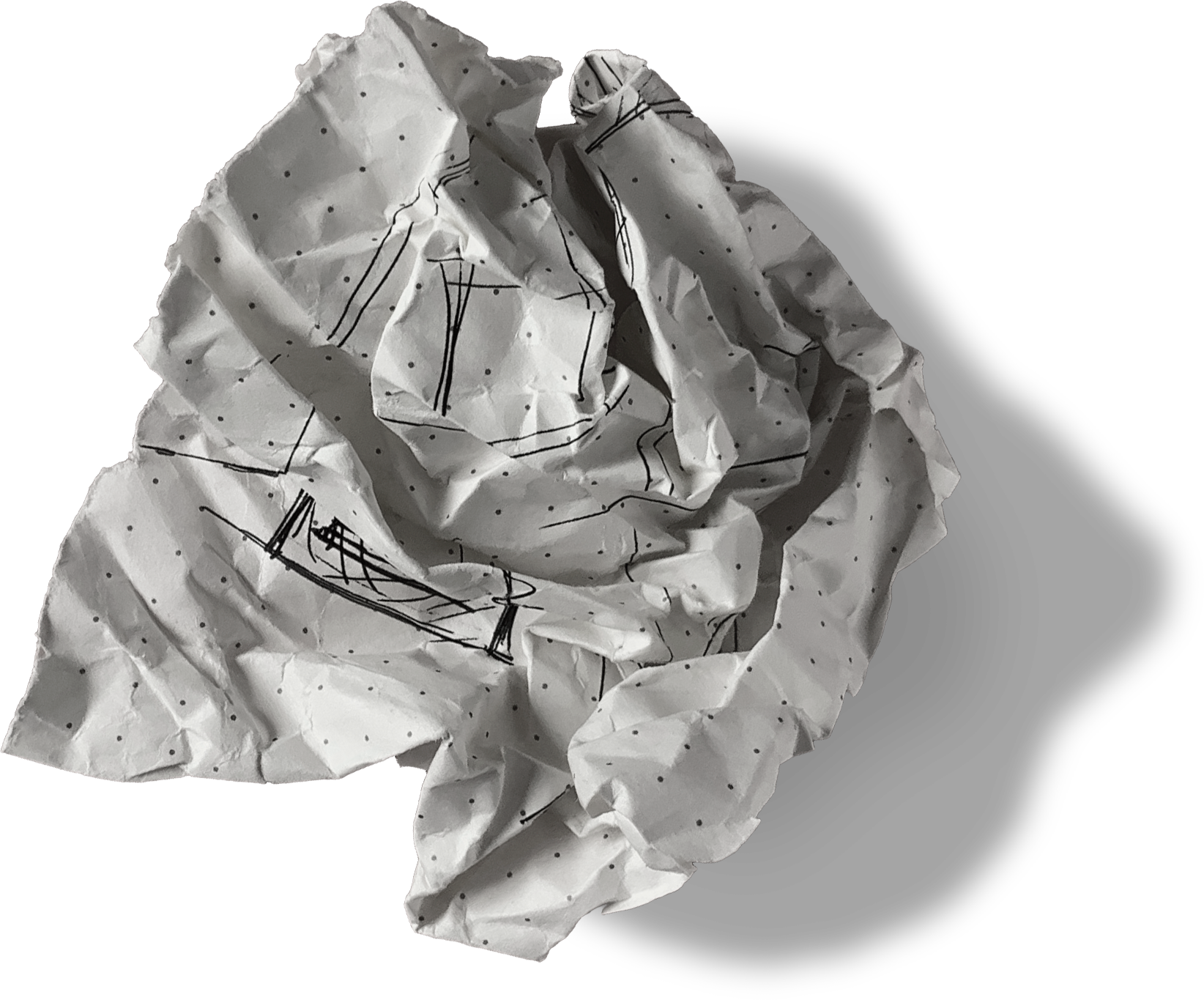27 August 2015
The word “MacGyver” is now in the Oxford Dictionaries. Why has a television series that began in the 1980s made such an impact on the lexicon, asks Jon Kelly.
Fixed a broken door handle using a coathanger? You totally MacGyvered it. Did you see your dad’s windscreen wipers have dropped off? He MacGyvered them using duct tape and a rubber band.
There aren’t many action-adventure TV dramas that make it into the dictionary, but MacGyver was not like other shows. It starred Richard Dean Anderson as the eponymous hero (first name: Angus) who escaped life-threatening situations by eschewing firearms in favour of improvised engineering skills and cobbled-together ingenuity.
For instance, he might use a pair of binoculars to deflect a laser beam or fashion a smokescreen from baking soda and vinegar (the MacGyver Wiki lists all the problems he solved in exhaustive detail).
The show ran from 1987 to 1992 before settling into an afterlife on repeats channels such as Bravo, though there has been talk of rebooting it with a female lead. But its influence persisted in the popular imagination, with the hero as a sort of be-mulleted Heath Robinson.
A robot capable of creating tools was christened the “MacGyver Bot“. A competition to celebrate the ingenuity of female engineers was called “The Next MacGyver.” The top definition for “MacGyver” on Urban Dictionary, originally posted in 2003, runs thus: “Someone who can jump-start a truck with a cactus.”
The Oxford Dictionaries state that to “MacGyver” is to make or repair something “in an improvised or inventive way, making use of whatever items are at hand”, eg “he MacGyvered a makeshift jack with a log”.
Danielle George, professor of radio frequency engineering at the University of Manchester, who delivered a 2014 Royal Institution Christmas lecture urging people to make things with common household objects, thinks it’s unnecessary – the verb “to tinker” already describes attempting to improve something in a casual way, she says.
But she believes the addition is a sign that “the public are repairing or repurposing objects in an inventive way, which is fantastic and is a positive statement in an apparently disposable society”. Perhaps those re-runs are due another viewing.
Original article here.

